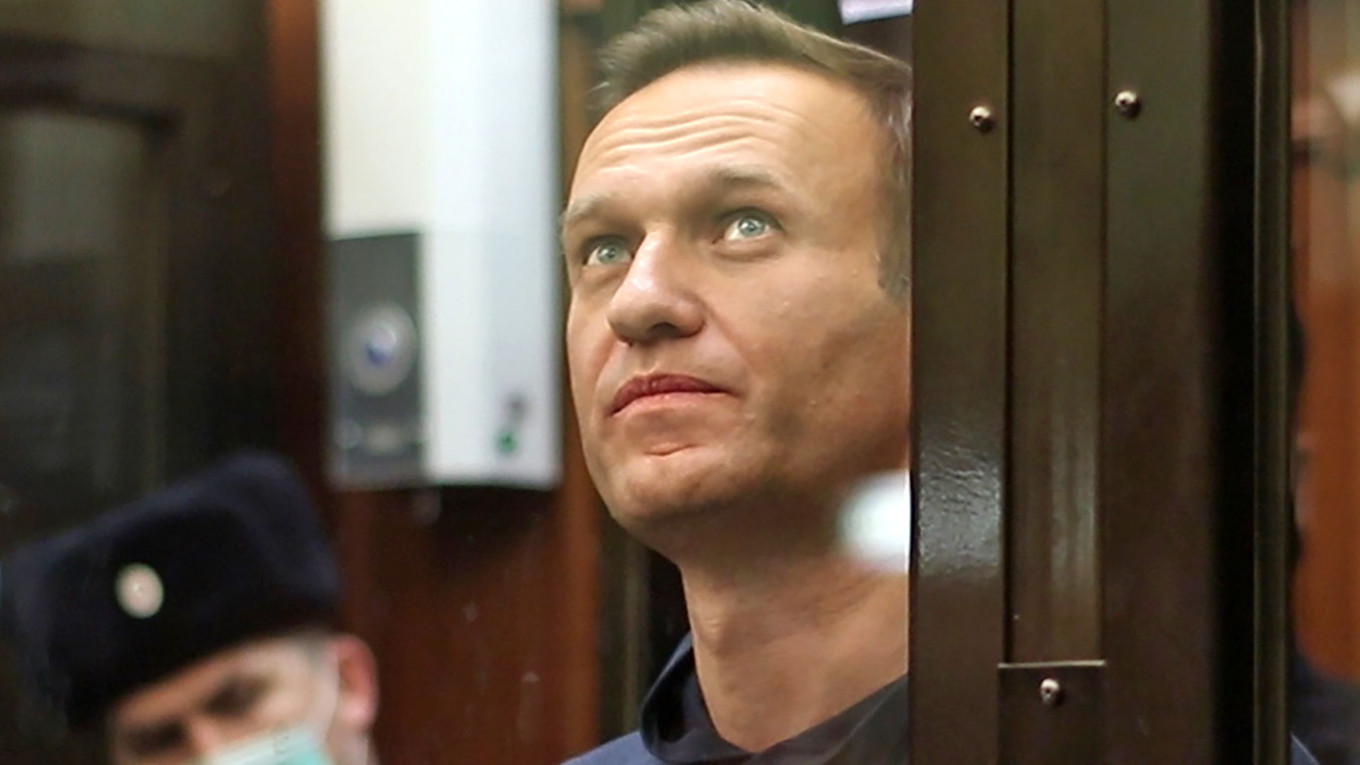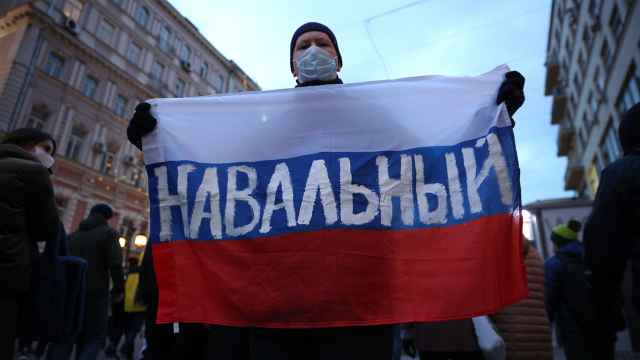Like peace itself, the Nobel Peace Prize has never been alien to human whims.
In 1895, a scion of the Russian-Swedish industrialist family, Alfred Nobel, established the prizes that, he believed, would turn the world into a better place.
The money came from his trade in the means of destruction — oil and dynamite.
Nobel’s will — he died the next year — reflected his experience of the previous century, and an anticipation of coming horrors.
Even his decision to entrust his Peace Prize to the parliament of Norway, at that time still a colony — its ‘union’ with Sweden was dissolved ten years later — reflected Nobel’s desire to repent and redeem for some of his own deeds, as well as those of his family and his nation. Though he was mainly interested in hard sciences, under the influence of his former secretary and romantic friend, Bertha von Suttner, he added Literature and Peace to the list.
Baroness Suttner was a remarkable character. Born in Prague and belonging to high Austrian aristocracy, she eloped with her future husband, much younger and less noble, to Georgia.
The couple spent around ten years there, engaged in what we would now call downshifting — they translated a Georgian epic, The Knight in the Panther Skin, into French but made no money.
Having witnessed wars in Georgia and after fleeing back to Austria, Suttner remade herself into a successful novelist, pacifist and feminist.
She convinced Nobel that literature and peace were as important to mankind as physics and medicine. In 1905, she herself received the Nobel Peace Prize "for writing [her pacifist novel] Lay Down Your Arms and contributing to the creation of the prize" – the first woman to receive the award.
Handed to a weird mix of institutions and personalities, some of them big and powerful but others mere mortals, the Nobel Peace prize has a power to elevate them to an unusual, almost saintly status.
Three laureates learned about their awards while in jail.
The first was Carl von Ossietzky, a German journalist who received the prize in 1935 for revealing the details of German rearmament — forbidden by the Treaty of Versailles (the story was recently shown in Babylon Berlin, a noir television series, though Ossietzky’s role was given to a police investigator).
Ossietzky discovered that the Germans were rebuilding their aviation industry in secret collaboration with the Soviets, training their pilots on bases in Western Russia.
Convicted of treason in 1931 and again in 1933, Ossietzky accepted the Nobel Peace Prize in a note that his friends smuggled from a concentration camp near Oldenburg. Several months later, he died of tuberculosis. A few years later, Nazi pilots annihilated the Soviet airfields and schools that had given them shelter and training. In 1991, the University of Oldenburg was renamed after Ossietzky.
In 2010, the Nobel Peace Prize was given to Liu Xiaobo, a Chinese writer and philosopher who was arrested as one of the authors of Charter 08, a powerful document of human rights modeled after Vaclav Havel’s Charter 77.
In response, the Chinese cancelled trade talks and barred some exports to Norway.
Like Ossietzky, Liu died while on medical release — an unfree man who withstood the torture of an all-powerful state.
Shortly before his death in 2017, the European Union demanded Liu’s release, but Norway did not join the appeal. After his death, Norway’s king visited Beijing, met with the Chinese premier, and normalized China-Norway relations.
I wonder where a university will be named after Liu Xiaobo first — in China or in Norway.
In 2021, I was one of many Russians and Europeans who nominated Alexei Navalny for the Nobel Peace Prize.
When I was submitting the nomination forms online — a process open to all professors — Navalny was still in a coma, but there was rising hope that the German medical team would be able to save him.
He subsequently made the fateful decision to return to Russia — a move which I took as an act of self-sacrificial heroism, and one quite appropriate for a prospective Nobel Laureate.
Now, days after the announcement of the winners — Novaya Gazeta’s editor-in-chief Dmitry Muratov and Maria Ressa, a journalist from the Philippines — I am wondering why Navalny was not selected.
Decisions taken by the Nobel Peace Prize committee need a consensus among its five members.
Its current chair, Berit Reiss-Andersen, a politician and novelist, has vocally criticized Norway’s ruling Conservative Party for its failure to stand up for Liu Xiaobo.
This shows the complicated politics which can sometimes be at play.
For instance, another member of the Committee, Asle Toje is a political scientist with a reputation as a climate change denier and opponent of divesting away from oil.
Those who were counting on climate activist Greta Thunberg scooping the prize blame Toje for standing in the way.
Toje has also attended two meetings of Russia’s annual Valdai Discussion Club, a forum for foreign supporters of the Russian regime to meet President Vladimir Putin and other top officials. Toje’s essays and a video interview are available on Valdai’s website. Those who watched Occupied, an exciting Norwegian TV show that depicts a
victory of the Greens, the cancelling of oil drilling, the consequent occupation by the Russians and the tortured politics of resistance and compromise, could easily imagine Toje’s politics.
I respect those who received this year’s prize, but I still think something will be missing from the forthcoming ceremony in Oslo.
The Nobel Peace Prize, despite its tainted history, is akin to canonization. Its winners typically demonstrate one quality above all others: addressing a strategic, historically-vital issue of their time, while it is still invisible or underappreciated by their peers.
For Ossietzky, this was German rearmament. For Liu, it was the oppression of human rights in China.
Navalny, too, is of their kind. His issue is Russian corruption. While all the themes have local roots and immediate relevance, they set to define global affairs for decades to come.
Navalny still has his chance for а Nobel Prize — as long as he is alive. If not, a university will surely be named after him.
A Message from The Moscow Times:
Dear readers,
We are facing unprecedented challenges. Russia's Prosecutor General's Office has designated The Moscow Times as an "undesirable" organization, criminalizing our work and putting our staff at risk of prosecution. This follows our earlier unjust labeling as a "foreign agent."
These actions are direct attempts to silence independent journalism in Russia. The authorities claim our work "discredits the decisions of the Russian leadership." We see things differently: we strive to provide accurate, unbiased reporting on Russia.
We, the journalists of The Moscow Times, refuse to be silenced. But to continue our work, we need your help.
Your support, no matter how small, makes a world of difference. If you can, please support us monthly starting from just $2. It's quick to set up, and every contribution makes a significant impact.
By supporting The Moscow Times, you're defending open, independent journalism in the face of repression. Thank you for standing with us.
Remind me later.








